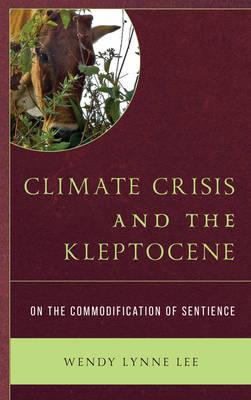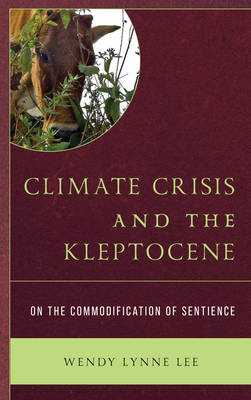
- Afhalen na 1 uur in een winkel met voorraad
- Gratis thuislevering in België vanaf € 30
- Ruim aanbod met 7 miljoen producten
- Afhalen na 1 uur in een winkel met voorraad
- Gratis thuislevering in België vanaf € 30
- Ruim aanbod met 7 miljoen producten
Zoeken
Climate Crisis and the Kleptocene
On the Commodification of Sentience
Wendy Lynne Lee
Hardcover | Engels
€ 203,95
+ 407 punten
Omschrijving
In Climate Crisis and the Kleptocene the author argues that the nullification of all value that competes with exchange value is inherent to the ontology of capitalism, including value associated with sentient life. Despite recent reform efforts to address the climate crisis, capitalism's kleptocratic logic is catastrophic for planetary stability.
Specificaties
Betrokkenen
- Auteur(s):
- Uitgeverij:
Inhoud
- Aantal bladzijden:
- 312
- Taal:
- Engels
Eigenschappen
- Productcode (EAN):
- 9781793607966
- Verschijningsdatum:
- 19/02/2025
- Uitvoering:
- Hardcover
- Formaat:
- Genaaid
- Afmetingen:
- 155 mm x 231 mm
- Gewicht:
- 521 g

Alleen bij Standaard Boekhandel
+ 407 punten op je klantenkaart van Standaard Boekhandel
Beoordelingen
We publiceren alleen reviews die voldoen aan de voorwaarden voor reviews. Bekijk onze voorwaarden voor reviews.











